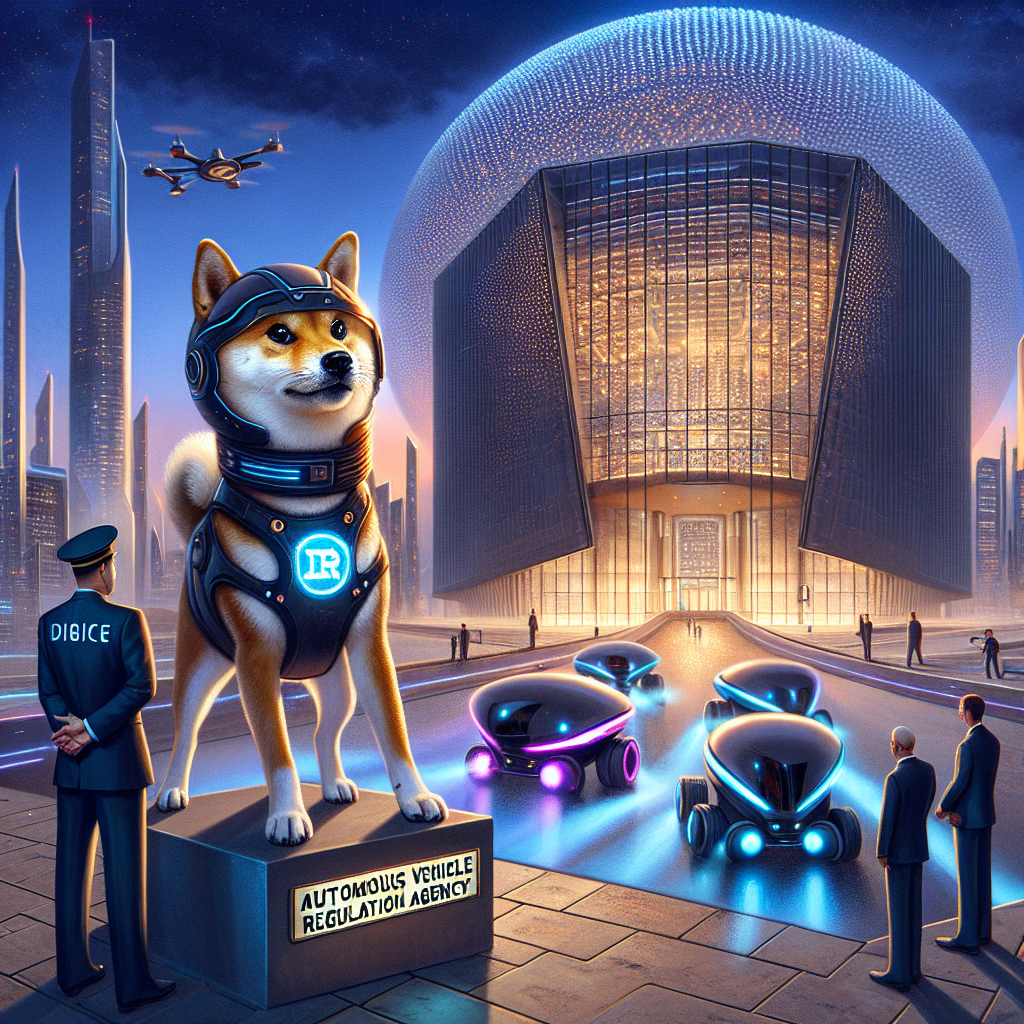Elon Musk, the tech titan known for his ambitious ventures, is once again making headlines. This time, his Department of Government Efficiency is taking a bold step by significantly downsizing a team within the National Highway Traffic Safety Administration (NHTSA) that oversees autonomous vehicles. According to a report by the Washington Post, nearly half of this small government team is facing termination as part of a broader 10% reduction at the NHTSA.
This move by Musk’s agency raises intriguing questions about the future of autonomous vehicle regulation in the United States. As the automotive industry hurtles towards a future dominated by self-driving cars, the role of regulatory bodies like the NHTSA becomes increasingly crucial. By wielding his influence in this arena, Musk is once again challenging the status quo and reshaping the technological landscape.
The decision to trim down the regulatory team overseeing autonomous vehicles could have far-reaching implications. On one hand, it may signal a push for streamlining bureaucratic processes and promoting efficiency. Musk, known for his emphasis on innovation and speed of execution, could be aiming to reduce red tape and accelerate the development and deployment of autonomous technology.
However, critics might express concerns about potential risks and oversight gaps that could arise from such drastic measures. Ensuring the safety and reliability of autonomous vehicles demands thorough scrutiny and robust regulatory frameworks. With a reduced team at the helm, questions about adequate supervision and enforcement mechanisms could come to the forefront.
Moreover, Musk’s involvement in regulatory affairs adds another layer of complexity to the already intricate relationship between tech giants and government bodies. As the boundaries between technology, policy, and innovation blur, the influence of industry leaders like Musk on regulatory decisions underscores the evolving dynamics of governance in the digital age.
Ultimately, the repercussions of Musk’s agency restructuring within the NHTSA remain to be seen. Whether this move will pave the way for a more agile regulatory environment that fosters technological advancement or raises concerns about oversight and safety, one thing is certain – Elon Musk’s foray into autonomous vehicle regulation is a development that warrants close attention from industry experts and policymakers alike. As the landscape of autonomous vehicles continues to evolve, the intersection of technology and governance will undoubtedly shape the future of transportation.

